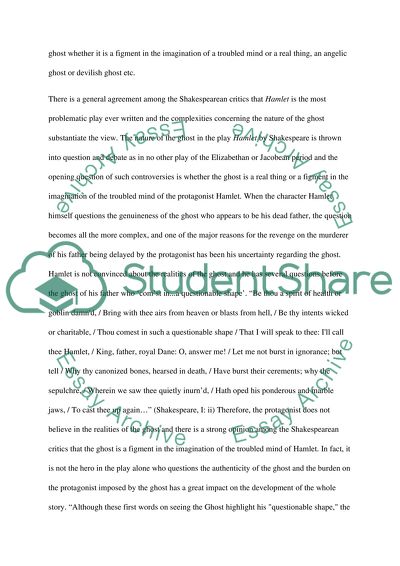Cite this document
(“The nature of the ghost (Hamlet) Book Report/Review”, n.d.)
The nature of the ghost (Hamlet) Book Report/Review. Retrieved from https://studentshare.org/miscellaneous/1523646-the-nature-of-the-ghost-hamlet
The nature of the ghost (Hamlet) Book Report/Review. Retrieved from https://studentshare.org/miscellaneous/1523646-the-nature-of-the-ghost-hamlet
(The Nature of the Ghost (Hamlet) Book Report/Review)
The Nature of the Ghost (Hamlet) Book Report/Review. https://studentshare.org/miscellaneous/1523646-the-nature-of-the-ghost-hamlet.
The Nature of the Ghost (Hamlet) Book Report/Review. https://studentshare.org/miscellaneous/1523646-the-nature-of-the-ghost-hamlet.
“The Nature of the Ghost (Hamlet) Book Report/Review”, n.d. https://studentshare.org/miscellaneous/1523646-the-nature-of-the-ghost-hamlet.


